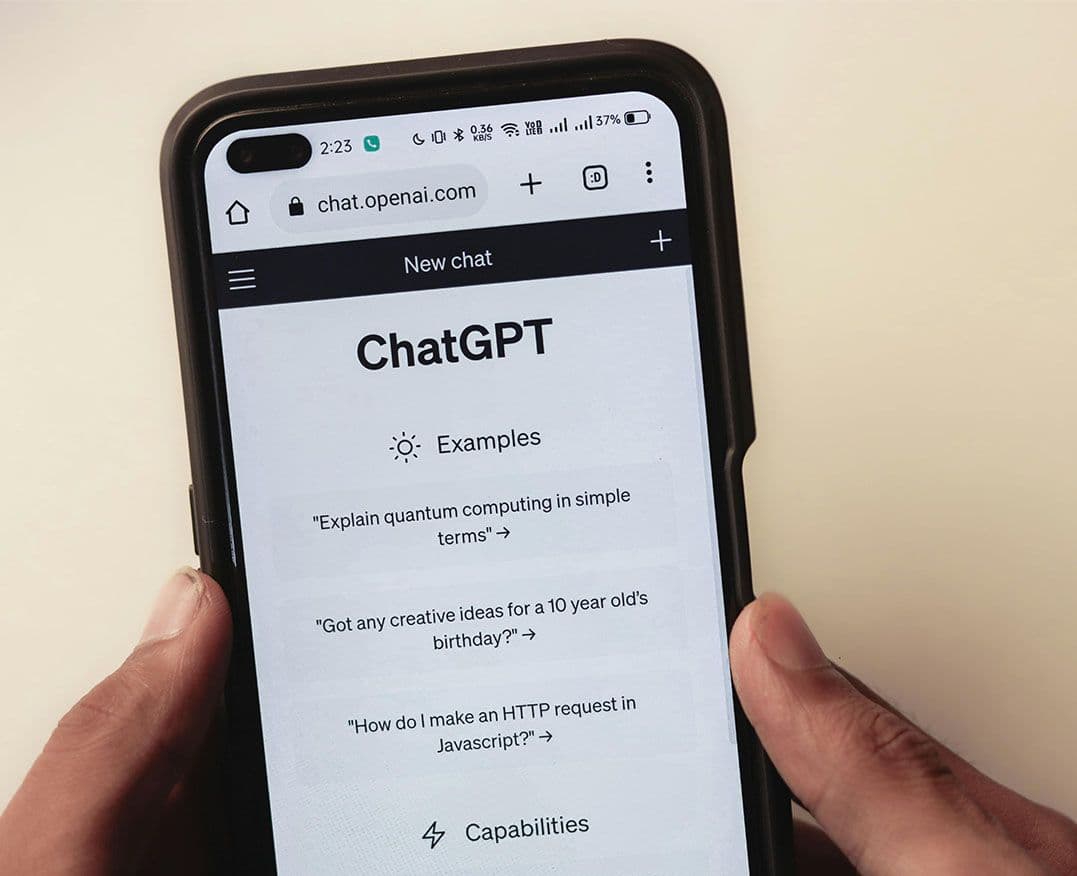Lifestyle
Protect Your Privacy: What Not to Share with AI Chatbots

Artificial intelligence tools like ChatGPT are increasingly integrated into daily life, assisting users with tasks ranging from drafting business emails to providing relationship advice. However, sharing personal information with these platforms poses significant risks, as highlighted by experts and industry guidelines. Users must exercise caution to protect their privacy and sensitive data.
Understanding the Risks of Sharing Personal Information
Once a user inputs information into a chatbot, they effectively lose control over that data, according to Jeniger King, an affiliate at the Human-Centered Artificial Intelligence Institute at Stanford University. This sentiment is echoed by major companies like OpenAI and Google, which advise against entering sensitive information into their platforms. As reported by the New York Post, the potential for data misuse is a serious concern.
Users should refrain from sharing any personal identification details that could lead to direct identification. This includes national identification numbers, passport details, driver’s license information, birth dates, home addresses, and phone numbers. Although some chatbots attempt to automatically mask such data, the safest approach remains not to enter it at all. A representative from OpenAI stated, “We want our AI models to learn about the world, not about private individuals, and we actively minimize data collection.”
What Information Should You Keep Private?
When considering the use of AI for interpreting medical results, users should be particularly careful. Unlike healthcare providers, AI chatbots do not adhere to strict confidentiality regulations. If you wish to use a service like ChatGPT to analyze medical findings, experts recommend editing documents to remove all personal data, leaving only the essential test results.
Additionally, financial information, including bank account and investment details, should never be disclosed in conversations with AI. In the event of a security breach, such data could be exploited for financial theft or unauthorized access to accounts.
Similarly, sharing usernames and passwords with AI tools may seem convenient but poses significant risks. Specialized password managers are a more secure option for storing sensitive login information.
Lastly, businesses are advised against using public AI tools for tasks that involve confidential information. Sharing sensitive client data or internal business secrets could result in unintentional disclosures. Consequently, many organizations opt for enterprise versions of AI platforms or develop tailored systems with enhanced security features.
Steps to Enhance Your Privacy
For those who choose to engage with AI chatbots despite the associated risks, there are several measures to protect privacy. Users should secure their accounts with strong passwords and enable multi-factor authentication. Additionally, some AI platforms, including ChatGPT, offer a “temporary chat” mode, similar to private browsing, which does not retain conversation history.
In summary, while AI chatbots can provide valuable assistance, users must be vigilant about the information they share. By understanding the potential risks and taking proactive steps to safeguard personal data, individuals can navigate the digital landscape more securely.
-

 Health2 months ago
Health2 months agoNeurologist Warns Excessive Use of Supplements Can Harm Brain
-

 Health3 months ago
Health3 months agoFiona Phillips’ Husband Shares Heartfelt Update on Her Alzheimer’s Journey
-

 Science3 weeks ago
Science3 weeks agoBrian Cox Addresses Claims of Alien Probe in 3I/ATLAS Discovery
-

 Science3 weeks ago
Science3 weeks agoNASA Investigates Unusual Comet 3I/ATLAS; New Findings Emerge
-

 Science2 weeks ago
Science2 weeks agoScientists Examine 3I/ATLAS: Alien Artifact or Cosmic Oddity?
-

 Science2 weeks ago
Science2 weeks agoNASA Investigates Speedy Object 3I/ATLAS, Sparking Speculation
-

 Entertainment4 months ago
Entertainment4 months agoKerry Katona Discusses Future Baby Plans and Brian McFadden’s Wedding
-

 World2 months ago
World2 months agoCole Palmer’s Cryptic Message to Kobbie Mainoo Following Loan Talks
-

 Entertainment3 months ago
Entertainment3 months agoEmmerdale Faces Tension as Dylan and April’s Lives Hang in the Balance
-

 Science2 weeks ago
Science2 weeks agoNASA Scientists Explore Origins of 3I/ATLAS, a Fast-Moving Visitor
-

 Entertainment4 months ago
Entertainment4 months agoLove Island Star Toni Laite’s Mother Expresses Disappointment Over Coupling Decision
-

 Entertainment3 months ago
Entertainment3 months agoMajor Cast Changes at Coronation Street: Exits and Returns in 2025









